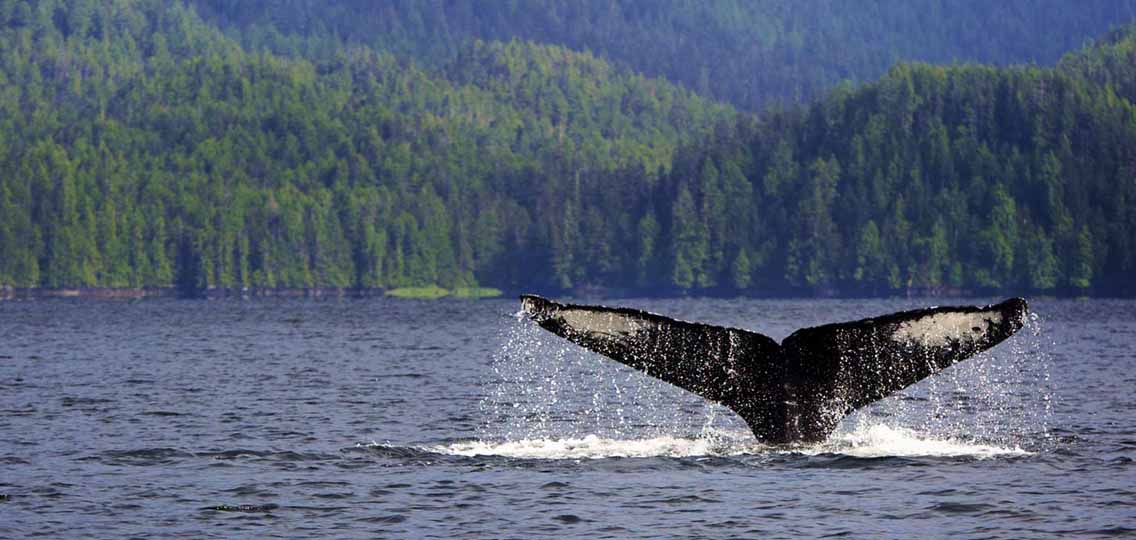Smithers, B.C. – A coalition of environmental groups says an incomplete environmental assessment, serious risks to the environment and a lack of benefit from the proposed Enbridge Northern Gateway Pipeline should convince the Joint Review Panel reviewing the project to reject it outright.
The more than 150-page final written argument submitted to the JRP this week by Ecojustice lawyers on behalf of ForestEthics Advocacy, Living Oceans Society and Raincoast Conservation Foundation states, “The panel cannot, at law, recommend approval of the project because the environmental assessment is incomplete.”
It goes on to note the project’s threats to the environment, including damaging both marine and terrestrial habitat during construction and operation, which would adversely affect species listed under the Species at Risk Act.
“Enbridge showed its disrespect for British Columbians by arriving at the JRP hearings with an incomplete application, lots of promises and few answers,” ForestEthics senior energy campaigner Nikki Skuce said. “What we know for sure about Northern Gateway is that its risks outweigh the benefits to Canadians and it should not be approved.”
The document also counters Enbridge’s claims of economic benefit, which mostly revolve around tarsands expansion. Environmental threats created by the tarsands were ruled to be outside the scope of the JRP hearings and, as such, the document notes related economic benefits should also be excluded. As well, Northern Gateway has failed to enlist the oil industry’s support through binding Transportation Service Agreements, which are considered an indicator of need for the project.
“The evidence is overwhelmingly clear that Canadians would not get the returns they deserve for the environmental risks they would inherit from Northern Gateway,” Dr. Paul Paquet, senior scientist with Raincoast Conservation Foundation said. “We identified systematic scientific problems at each stage of Enbridge’s assessment, which undermined the reliability of Enbridge’s claims that the pipeline development would pose minimal threat to the environment.”
A lack of details, including pipeline routing, oil spill response planning and the mitigation of risks posed by the project, made a proper assessment of the project impossible. Enbridge repeatedly said detailed studies would be done after it had received approval, once the hearings were complete and there was no longer opportunity to question and comment on its plans.
“What Northern Gateway proved in the hearings is that they are completely ill-prepared to deal with oil supertankers navigating our coast,” said Karen Wristen, Living Oceans Society. “Our coast would be devastated by guaranteed mishaps if this project were to go through.”
While the company promised “improvements” since its disastrous Kalamazoo spill in Michigan, Enbridge also declined to commit to a leak-per-1000-kilometres-of-pipeline threshold representing an improvement over its past track record. Since 1994, the company has had at least 18 safety and environmental failures on its North American pipeline system, three of which resulted in the release of over 3 million litres of oil.

